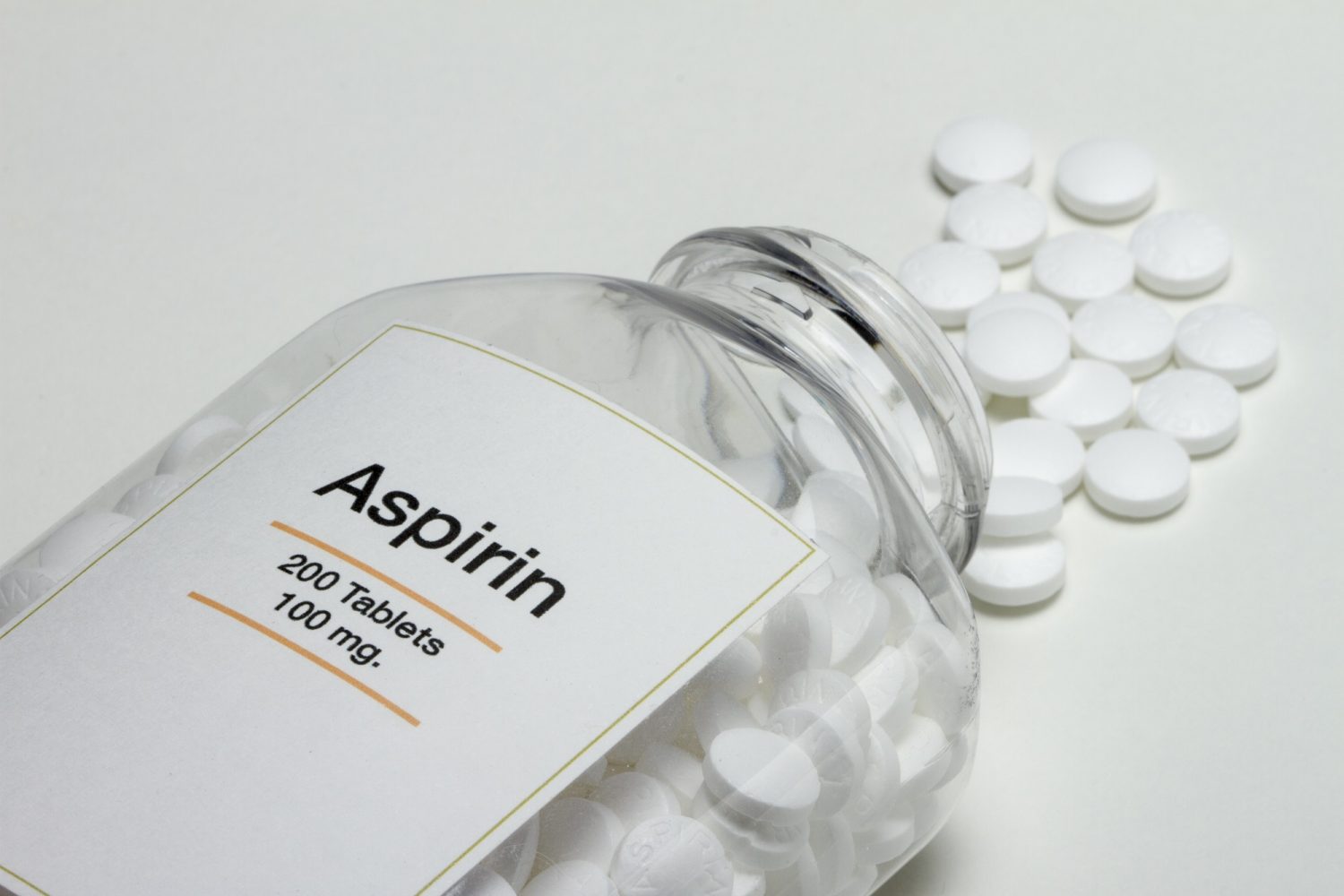It’s been a go-to for headaches, fevers, and sore muscles for over a century. But new research suggests that aspirin—the everyday over-the-counter medication sitting in your cabinet—might also have another, far more unexpected use as an anti-cancer drug.
Scientists have been eyeing aspirin as a potential preventative for cancer since the late 1980s when early studies found that regular aspirin use was linked to a lower risk of colorectal cancer. In some cases, it’s even now recommended for people with Lynch syndrome, a genetic condition that significantly increases the risk of this disease.
But for the general public, the science has remained mixed. Some studies hinted at benefits, while others warned of increased risks, particularly in older adults. That ambiguity is why a new 30-year study from researchers at Harvard is catching attention.
By analyzing data from over 100,000 people, researchers found that taking aspirin at least twice a week was associated with a reduced risk of colorectal cancer—but especially among people who don’t follow other health guidelines, like eating well or not smoking. So, while it isn’t a mind-blowing anti-cancer drug, it could very well have some promising potential to become one.
It seems that for those with higher lifestyle-related risks, aspirin may act as a leveling force. Scientists believe this may be due to aspirin’s ability to reduce inflammation and interfere with cellular pathways involved in cancer development. More particularly, one called PI3K.
These findings could make aspirin a potentially powerful anti-cancer drug for specific groups of people. There’s more news, though, because in studies of colorectal cancer patients who had surgery, aspirin significantly reduced the chances of the cancer returning if their tumors had certain genetic mutations.
These newest findings could point toward a future where aspirin is used strategically based on someone’s genetic makeup and lifestyle risk factors to help treat dangerous cancers. However, there’s still reason for caution.
Aspirin carries several known side effects, including the risk of stomach bleeding, especially in people over the age of 70. That’s why researchers are increasingly calling for personalized guidelines rather than blanket recommendations when treating it as an anti-cancer drug.
For now, aspirin isn’t a magic bullet, but it’s far from irrelevant. Ongoing research continues to explore how it might fit into cancer prevention strategies. While others say it isn’t nearly as powerful as some say.
Perhaps when combined with other groundbreaking cancer treatments, aspirin can help turn the tide for cancer patients.
The post A common drug sitting in your medicine cabinet right now may help fight cancer appeared first on BGR.
Today’s Top Deals
Today’s deals: $399 Apple iPad mini, $12 LifeStraw, $630 Google Pixel 9, $270 Vitamix blender, more
Amazon Big Spring Sale: Apple deals, gaming laptops, Crest 3D Whitestrips, Samsung deals, more
Today’s deals: $99 Beats Pill, $230 Apple Watch Series 9, $270 Roku TV, $12 Crest 3D White toothpaste, more
Best deals: Tech, laptops, TVs, and more sales
A common drug sitting in your medicine cabinet right now may help fight cancer originally appeared on BGR.com on Sat, 5 Apr 2025 at 10:33:00 EDT. Please see our terms for use of feeds.
